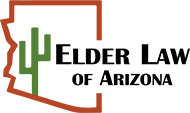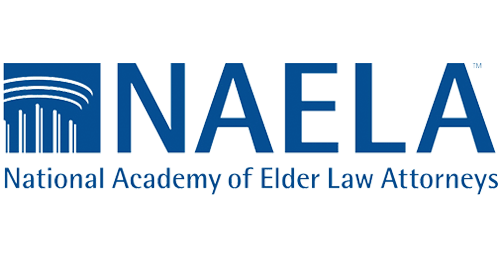
Protecting their home is one of the most common concerns I hear as I meet with people or their loved ones facing a potential move into a long term care facility, such as assisted living or a nursing home. Who is taking their home? Whether they realize it or not, most people are referring to the state Medicaid program (Arizona Long Term Care System, or ALTCS).
The short answer is that ALTCS will not take their house or their savings. However, there is some truth to the rumor.
Lose Your House to Qualify for ALTCS?
Unmarried ALTCS applicants must have less than two thousand dollars in countable assets in order to qualify. Married applicants can have more savings. An applicant’s primary residence in Arizona is not a countable asset. Also, ALTCS does not take an applicant’s funds, if they exceed the asset limit—the application is simply denied.

For Those on ALTCS, What Happens to Your Home After Your Death?
For those unmarried ALTCS recipients who manage to keep their home, another important consideration is what happens to their home upon their death. ALTCS has an Estate Recovery program whereby they attempt to recover what they paid for care from the estates of those ALTCS recipients who have died if 1) they are over age 55, and 2) they are not survived by a spouse, disabled child or dependent child under age 21. Also, ALTCS may lien the home of an unmarried ALTCS recipient who is in a skilled nursing facility (not just assisted living) for more than ninety days—what is called a TEFRA lien. Either way, ALTCS does not take the house in those situations, but rather recovers from the proceeds when the house is sold.
In short, though ALTCS does not take their money or their homes, potential ALTCS applicants may take proactive steps to protect their homes or savings, and facilitate their eligibility. It may not be as simple as giving their home or savings away—this may cause more harm than good due to the Five Year Look Back policy. Our experienced attorneys can work with you to explore your options.





